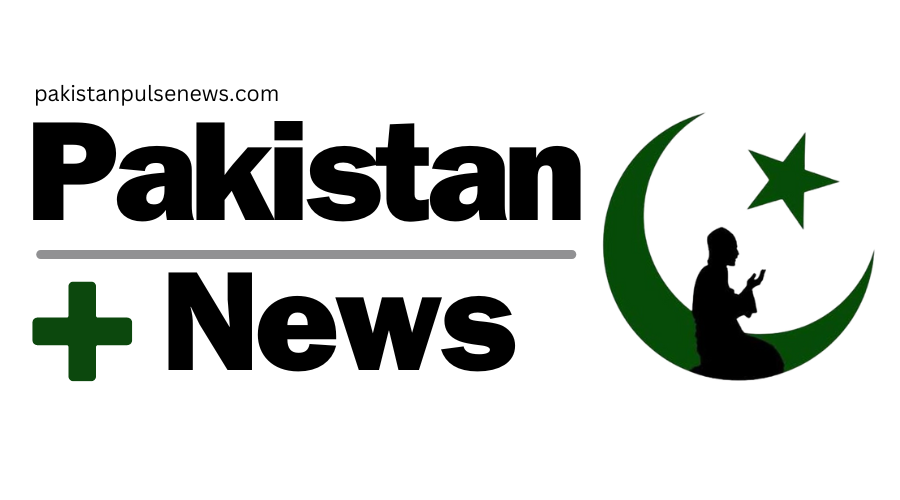DAKAR, Senegal (TAE) – After enduring a prolonged period of hesitation and uncertainty, the Senegalese populace is poised to exercise their democratic right in a crucial presidential election this Sunday, March 24. An impressive roster of 7.3 million registered voters will decide amongst 19 candidates vying for the nation’s top office, signalling a pivotal moment in Senegal’s political landscape.
This election sees Amadou Ba, representing the incumbent coalition, endorsed by the current President Macky Sall, and Bassirou Diomaye, put forward by the opposition’s former Pastef party under the guidance of Ousmane Sonko, who has only recently been freed from incarceration. The race also includes notable figures such as Khalifa Sall, ex-government minister and erstwhile mayor of Dakar, and Anta Babacar Ngom, the sole female contender, who despite facing long odds, symbolizes the ongoing advancement of women in the fight for equality.
Originally deferred and then canceled, only to be rescheduled, the run-up to this election has thrust Senegal into an unparalleled constitutional and institutional quandary, with the electoral campaign concluding on Friday, March 22. The candidates had a mere two weeks for campaigning, a timeframe deemed unprecedentedly short for the political hopefuls to sway the electorate.
This election comes at a time when Senegal, often hailed as West Africa’s beacon of stability, finds itself at a crossroads. The opposition has sounded alarms over potential electoral misconduct, while the government has committed to ensuring a voting process that is both transparent and equitable. These assurances are critically observed by both local and international watchers, eager to see if Senegal can maintain its status as a model of democratic governance in the region.
Voters are primarily focused on casting their ballots peacefully and electing the 5th democratically chosen president since the country gained independence from France in 1960. The election represents not just a choice between candidates but a test of Senegal’s democratic resilience and its ability to navigate through political turbulence without succumbing to unrest.
As Senegal stands on the brink of potentially reshaping its political future, the world watches, hoping for a fair contest and a peaceful outcome that will reinforce the nation’s democratic foundations and continue its tradition of peaceful power transitions.


